Hesitating about walking to the beach at midnight? “When in Spain!” Not sure about splurging to go to the hammam (Turkish bath) during your weekend trip to Granada? “When in Spain!” Paddleboarding on the Atlantic into a cave? “When in Spain!” Reluctant to stay past your program’s date to travel around 4 countries for 10 days? “When in Europe!” And, most of all, absolutely, completely unwilling to sleep on the floor of Madrid’s airport during your 9-hour overnight layover? “When. In. Spain.”
This was the phrase of the summer. My entire research cohort used that sentence to encourage ourselves when we second-guessed anything or any situation we found ourselves in. And it worked … usually. Each aforementioned event was a step, leap, or sometimes, dive out of what we were comfortable doing. I wouldn’t do most of those things at home. But whether it was to experience something new, save a dollar, or embrace the experience more fully, I always was able to persuade myself. And the more I reflect, the happier I am that I was able to seek discomfort and live more fully.
This summer’s research experience has allowed me to not just be abroad, but to have a real job and commitments while being somewhere many would consider a bucket list destination. For a lot of college students, going abroad during university isn’t the most difficult thing. Being in university provides you with flexibility that having a full-time job doesn’t, especially while studying abroad. For myself, and my peers, it was a struggle to balance being in Europe(!) while working 40 hours a week. It taught me discipline and self-restraint. It was quite a wake up call when I realized that going to restaurants until 11 or 12 on weeknights (remember, we’re in Spain after all) and waking up early for work the next day wasn’t going to be realistic.

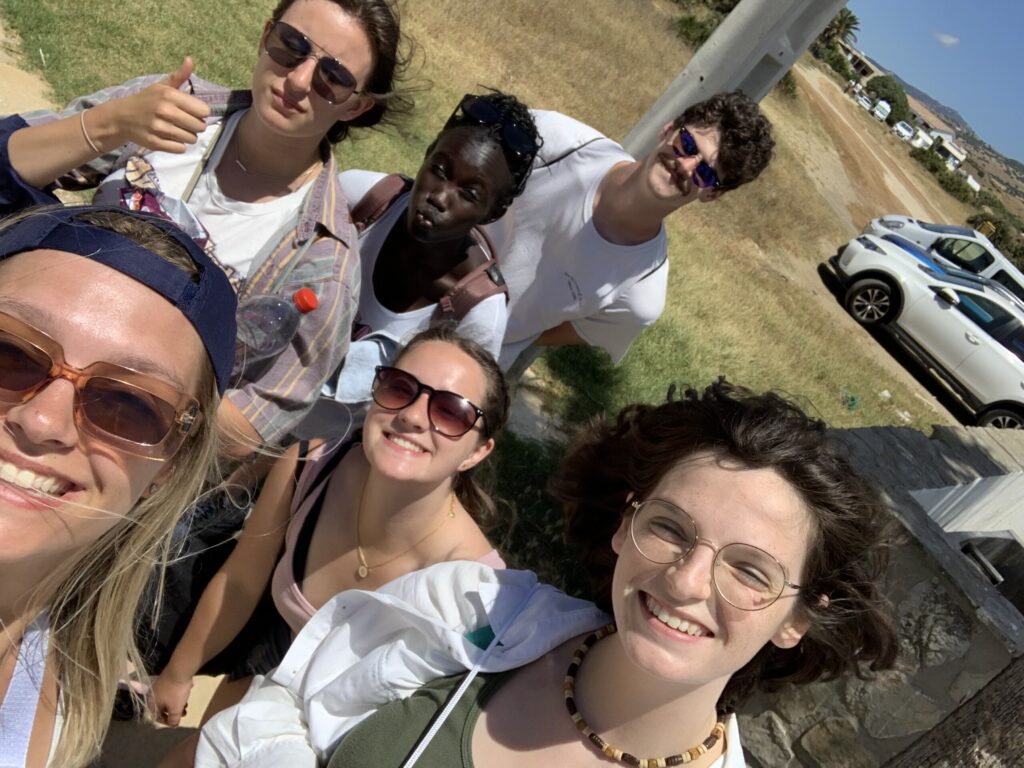
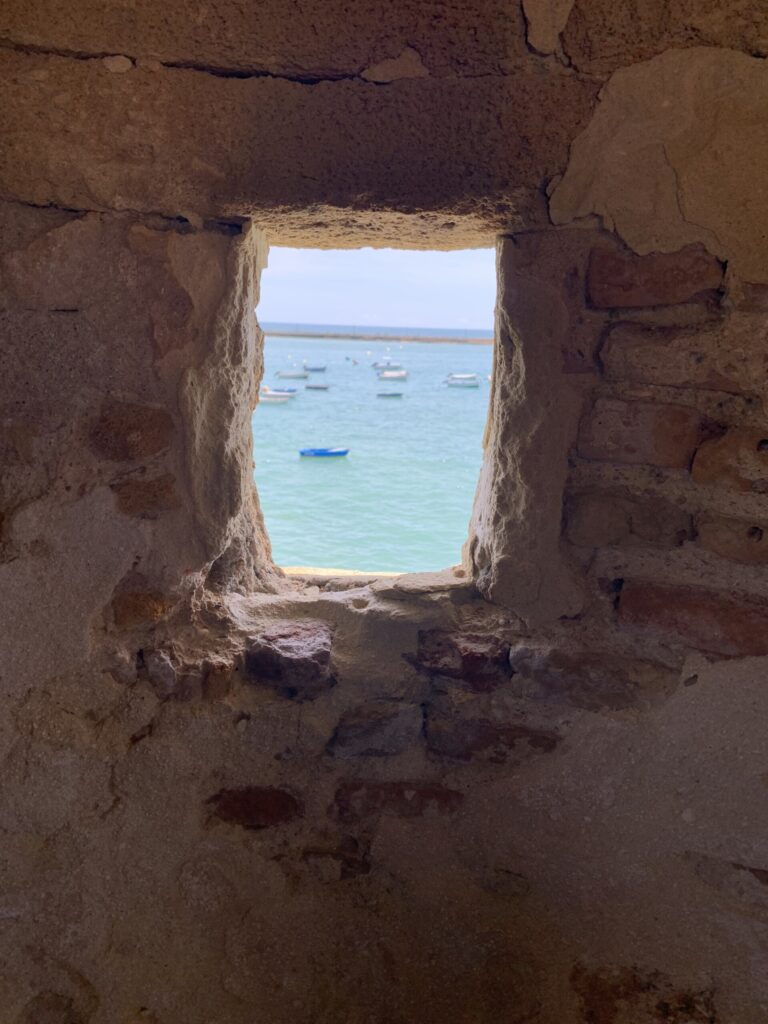
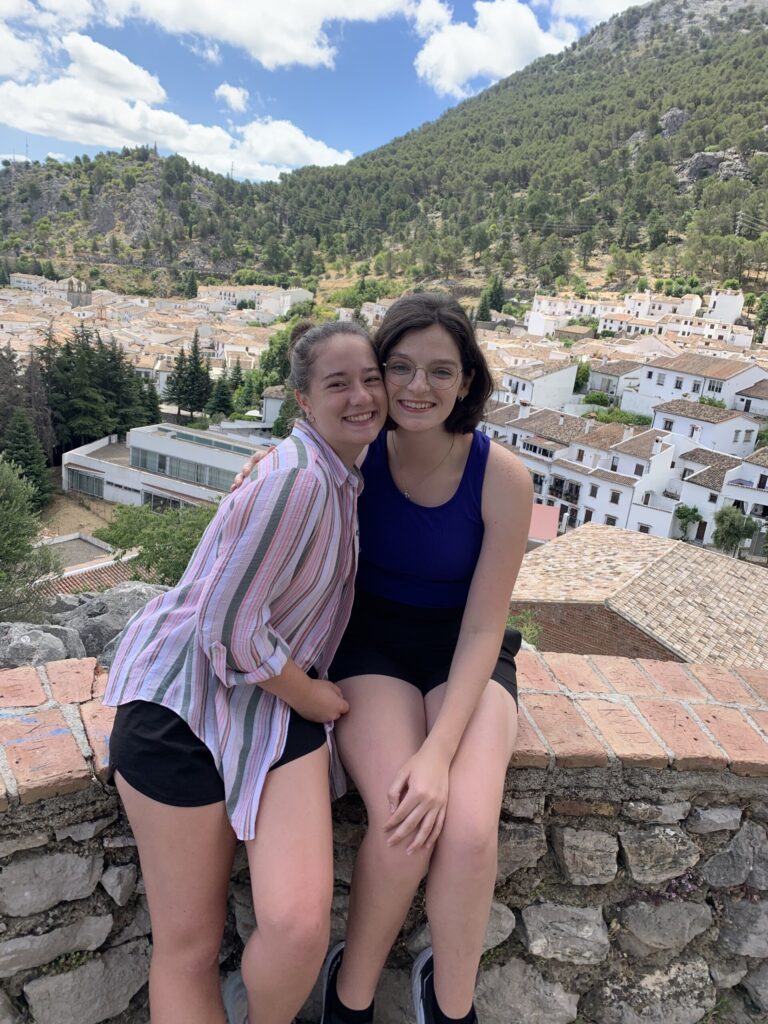
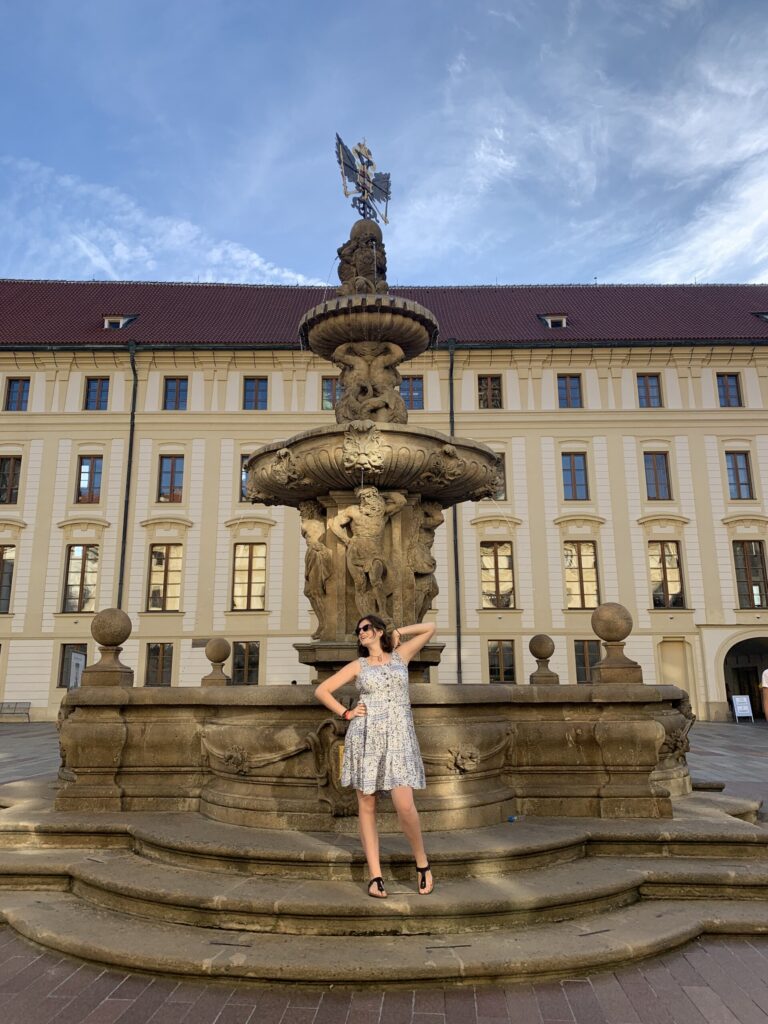
But, in all seriousness, this adventure was truly so wonderful. It pushed me beyond my comfort zone in so many ways. Numerous times I would have to speak to my research advisor in broken Spanish because our language limitations wouldn’t allow us the fluid communication I had experienced while conducting research in the US. It taught me to be flexible and patient, because sometimes there is so much research, menial work, and reading before you have visible and viable results. It taught me to smile and nod, because that’s just what you do when you can’t understand someone and you’ve asked them to repeat themselves 5 times already. It also taught me so much about Spanish cuisine, culture, language, and history.
Such an immersive, life changing experience cannot be summarized in one essay. There are so many experiences and conversations that have changed me in ways I have yet to fully understand.
The largest epiphany I experienced would be my perspective on the English language. Being forced to speak Spanish daily because English isn’t commonly spoken was so difficult. It’s easy to speak a language in a classroom when you’re with other English speaking classmates. But you don’t start truly learning until you’re in situations where you have been working all day, or when you’re hot and agitated because the Spanish sun is brutal, or when you just want to find the baking powder at the grocery store because you miss chocolate chip cookies but Google Translate JUST WON’T WORK. Yet still, you give it your best shot with the taxi driver or store employee, talking for several minutes describing what a native speaker could say in one. And still, sometimes you walk home with your tail between your legs, defeated because you can’t tell if you were understood. You feel so small. And you didn’t even get the baking powder for those cookies that taste like home. That’s what it’s like to be in a different place.
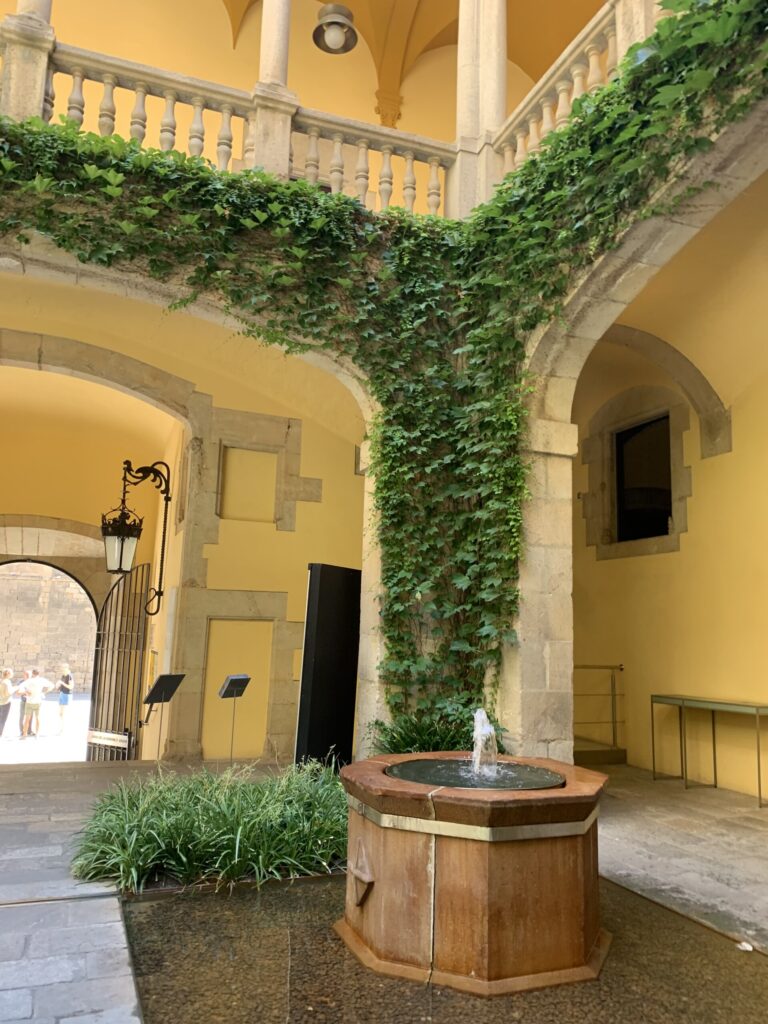
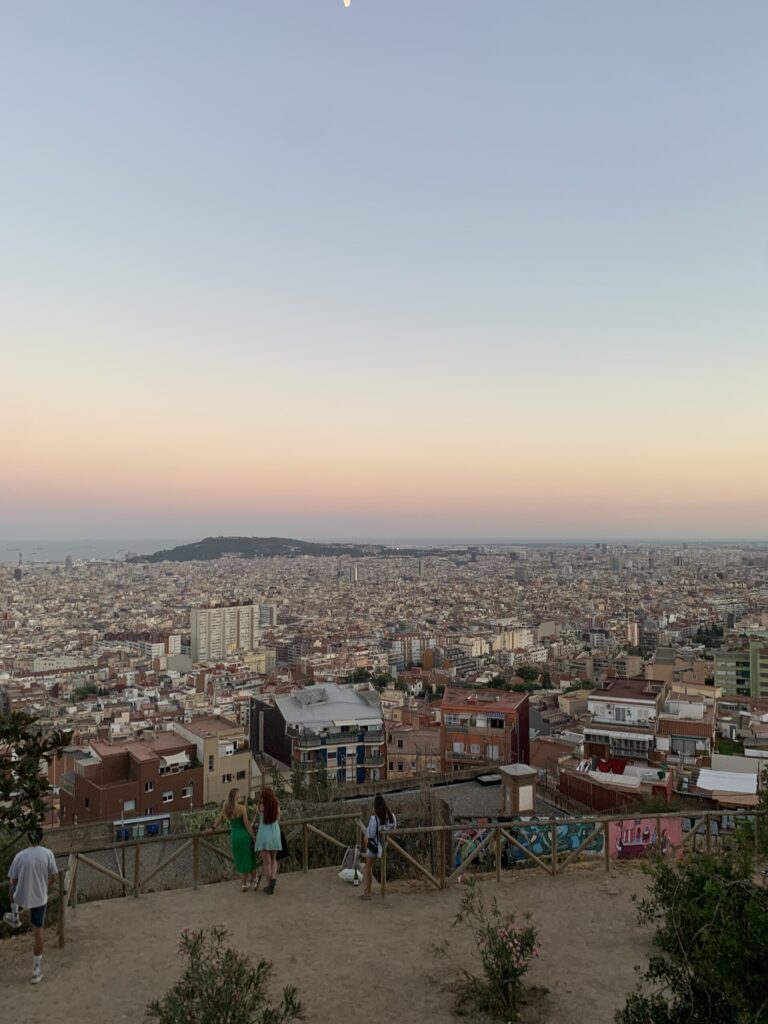
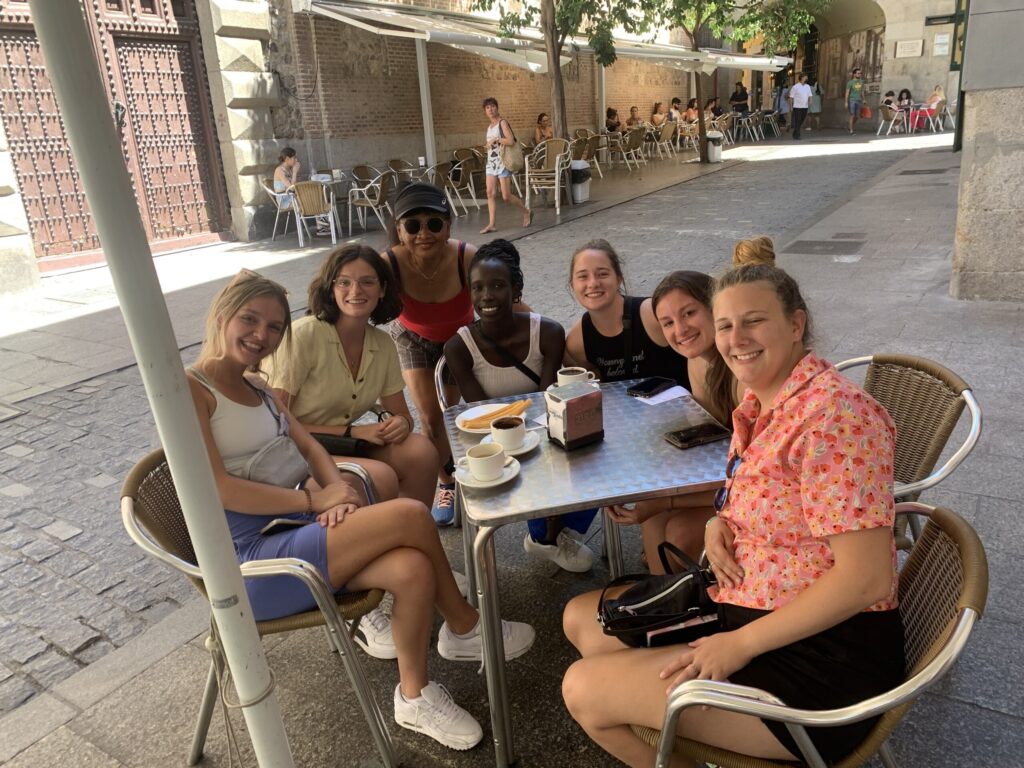
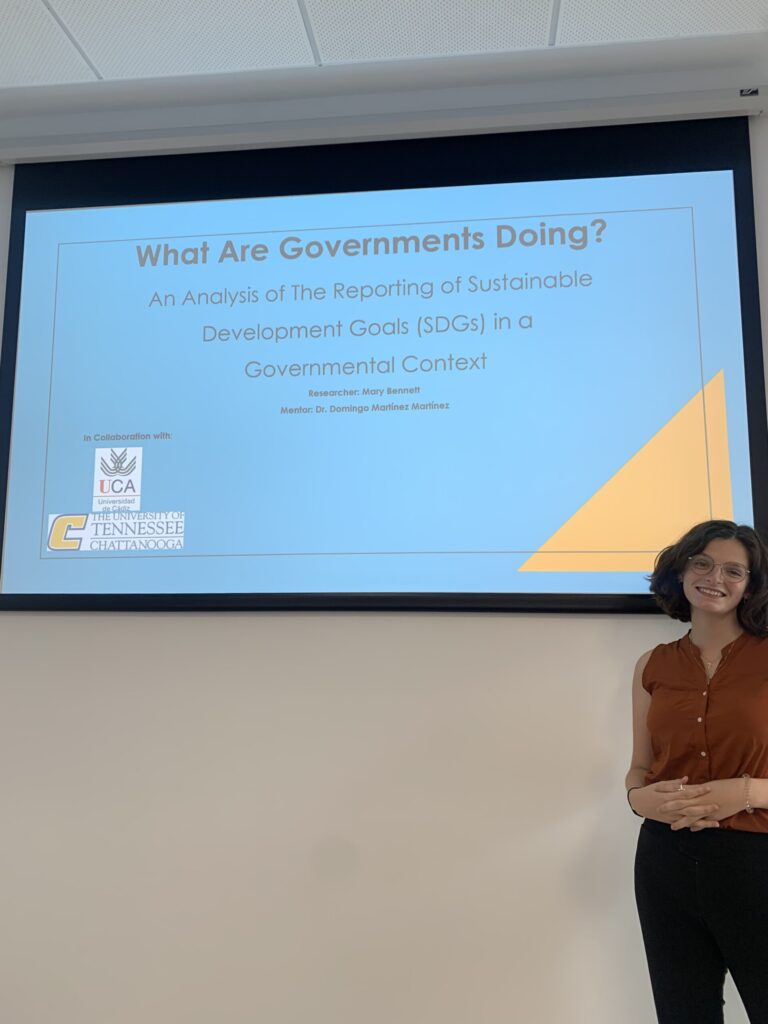
Spain also gave me newfound compassion for non-native English speakers. While Madrid and Barcelona are easy to travel to without knowing Spanish, the rest of Spain is a completely different story. You never really understand what it’s like to be that person with broken English until you’re elsewhere and the roles are reversed. The world is set up for English speakers. We travel on easy mode. One conversation I had while traveling with someone was that when people go to other countries, their default language is English. For example, an Indian traveling to Croatia won’t use their native language, but English. No one else is afforded the luxury of having the secondary language in a non-English speaking country be English.
Doing research with the University of Cadiz has given me confidence and drive that I previously didn’t have. I believe studying or doing research abroad made me a better student, friend, and leader. It allowed me to develop confidence, time management, analytical skills, and communication. While cliche, you really do grow and become more intune with who you are.
If I were to give advice for anyone considering studying abroad in Spain, aside from DO IT, it would be to travel. Every. Single. Weekend. Most likely you will never have the rest of Europe in your backyard again, so you might as well take advantage of it. I also really encourage trying to make friends with Spanish people your age if the opportunity presents itself. That is such a unique experience in itself and will provide you with even more opportunities. It is also okay to be lonely. Facetime and Whatsapp are your best friends. But be lonely on the beach, not in your room! You’re in Spain!
Overall, this experience was genuinely life changing. I daresay Cadiz International Research program is UTC’s best opportunity for undergraduates. You receive so much academic and personal development while not being thrown off the deep end because there are so many faculty members willing to assist. !Me encanta Espana!
Mary Bennett (BS Finance) participated in the Summer 2022 international summer learning opportunity for students offered through the Office of Undergraduate Research and Creative Endeavors. The International Summer Undergraduate Research Program represents a collaboration between The University of Tennessee at Chattanooga and the University of Cadiz in Spain. The purpose of the initiative is to support students to participate in an eight (8) week intensive research experience during the summer in a global environment. Mary had the following to say about studying abroad, “If you are openminded and willing to be uncomfortable–traveling abroad will change your life. If it doesn’t, you did something wrong.”
Share this post:
Leave a Reply